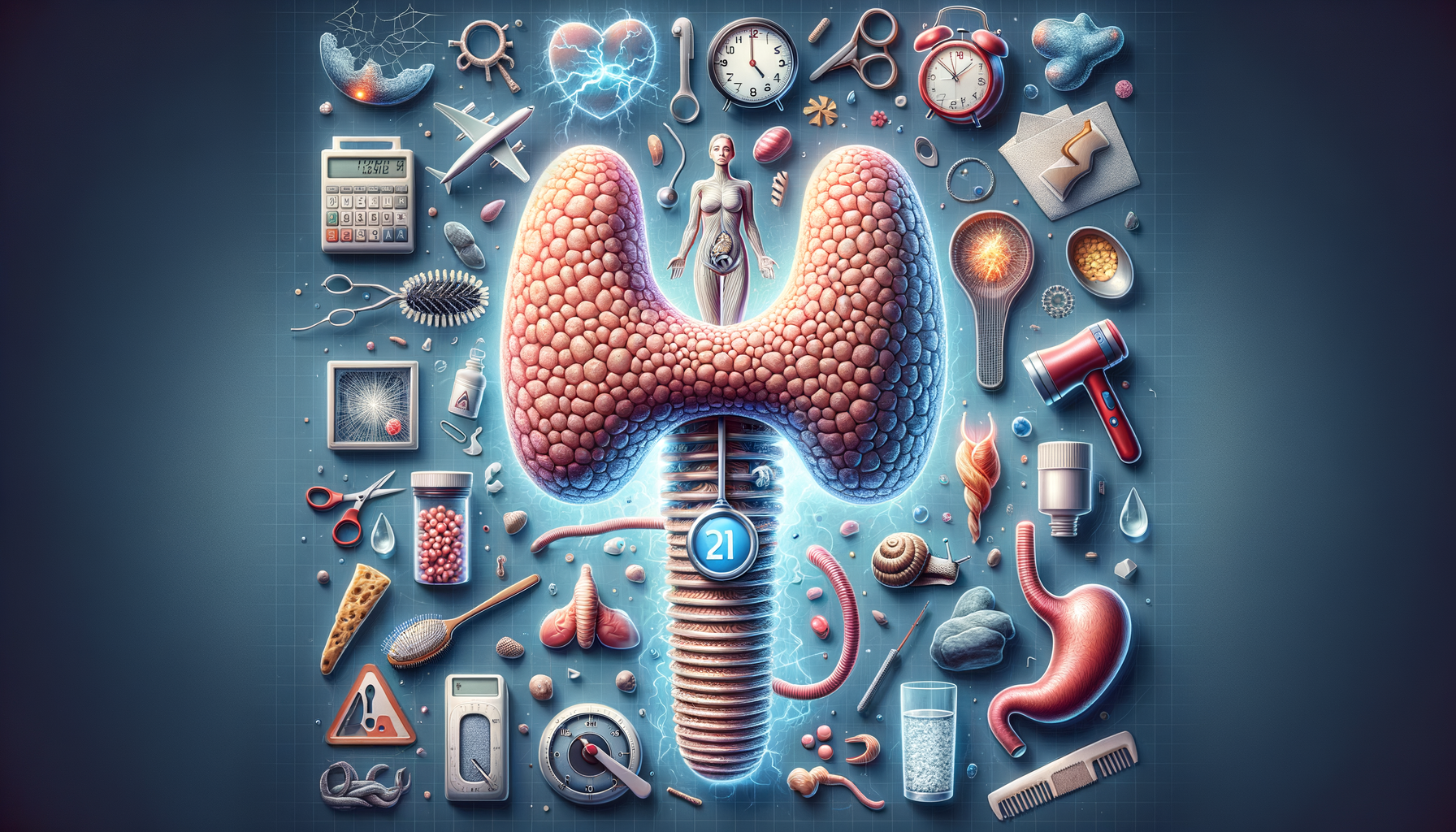DO YOU KNOW THESE 10 HIDDEN SIGNS OF A THYROID ISSUE?
Thyroid Treatment

Introduction to Thyroid Health
The thyroid gland, a small butterfly-shaped organ located at the base of the neck, plays a crucial role in regulating the body’s metabolism, energy levels, and overall health. Despite its small size, the thyroid’s impact on bodily functions is significant, making it essential to understand the importance of thyroid health. Thyroid disorders can manifest in various forms, such as hypothyroidism, hyperthyroidism, and thyroid nodules, each requiring specific attention and treatment. This article explores the hidden signs of thyroid issues and delves into the various treatment options available.
Recognizing the Signs of Thyroid Issues
Thyroid disorders often present subtle symptoms that can easily be mistaken for other health issues. Recognizing these signs early can lead to timely diagnosis and treatment. Some common signs include:
- Unexplained weight changes: Sudden weight gain or loss without changes in diet or exercise.
- Fatigue: Persistent tiredness despite adequate sleep.
- Hair and skin changes: Dry skin, hair loss, or brittle hair.
- Temperature sensitivity: Feeling unusually cold or hot.
- Changes in heart rate: Rapid or slow heartbeat.
These symptoms can vary depending on whether the thyroid is overactive (hyperthyroidism) or underactive (hypothyroidism). Consulting a healthcare professional for a thorough evaluation is crucial if these signs are present.
Diagnosis and Testing
Diagnosing thyroid disorders involves a combination of physical examinations, medical history, and specific tests. Blood tests to measure levels of thyroid hormones like TSH, T3, and T4 are standard procedures. In some cases, imaging tests such as ultrasound or radioactive iodine uptake tests may be necessary to assess the gland’s structure and function.
Early and accurate diagnosis is vital for effective management, as untreated thyroid issues can lead to severe health complications. Regular check-ups and awareness of family history can aid in early detection.
Treatment Options for Thyroid Disorders
Treatment for thyroid disorders depends on the specific condition diagnosed. For hypothyroidism, hormone replacement therapy is commonly prescribed to restore normal hormone levels. Hyperthyroidism may require medication to reduce hormone production, radioactive iodine treatment, or, in some cases, surgery to remove part of the thyroid gland.
It’s essential to work closely with healthcare providers to determine the most appropriate treatment plan. Regular monitoring and adjustments may be necessary to manage the condition effectively.
Lifestyle and Dietary Considerations
In addition to medical treatments, lifestyle and dietary changes can support thyroid health. A balanced diet rich in iodine, selenium, and zinc can contribute to optimal thyroid function. Foods like fish, eggs, nuts, and dairy are excellent sources of these nutrients.
Regular exercise, stress management, and avoiding smoking and excessive alcohol consumption can also positively impact thyroid health. Adopting a holistic approach that combines medical treatment with lifestyle adjustments can enhance overall well-being and manage thyroid disorders effectively.
Conclusion: Managing Thyroid Health
Understanding the hidden signs of thyroid issues and seeking appropriate treatment is crucial for maintaining overall health. With advancements in medical science, effective treatment options are available for managing thyroid disorders. By staying informed and proactive, individuals can lead healthy lives despite thyroid challenges.
Regular consultations with healthcare professionals, combined with a balanced lifestyle, can ensure that thyroid health is effectively managed, allowing individuals to thrive in their daily lives.